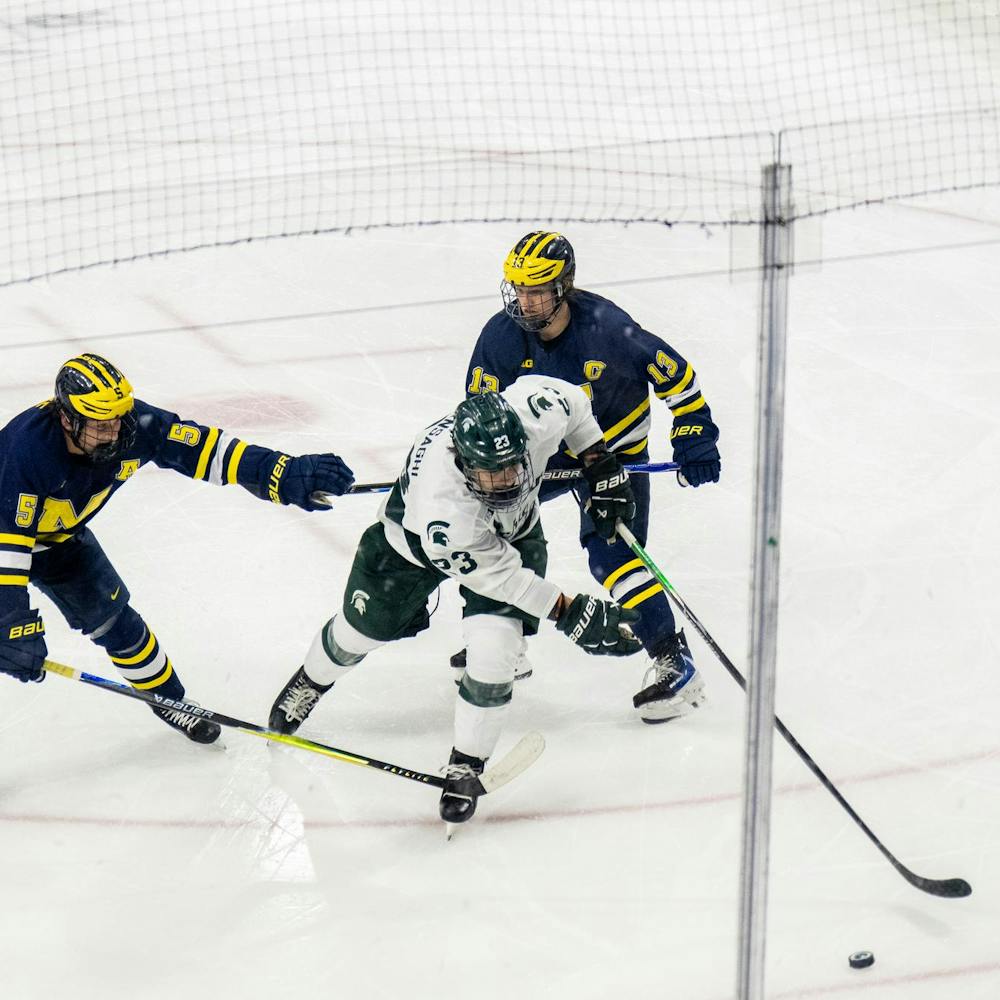I am the least athletic human being on Earth, and that’s counting the dead ones.
Nevertheless, I am extraordinarily fond of movies about sports. I don’t know why, I only know I love them. From “The Natural” to, I’m ashamed to admit, “Necessary Roughness,” I am drawn to any film about that which I cannot do. One of my favorites is, of course, “Bull Durham,” a picture that, as far as I’m concerned, justifies Kevin Costner’s later pictures.
Including “The Postman.”
Lately, I’ve been thinking about “Bull Durham.” Not for the plot, or the acting, but because of one line.
Costner’s character, Crash Davis, says, “I believe that the novels of Susan Sontag are self-indulgent, overrated crap.”
Lately, I’m inclined to agree.
Last week, The New Yorker published accounts of the World Trade Center attacks written by staff writers and contributors. John Updike wrote a stunning piece reminding us that, misogynist though he may be, he’s still a poet in prose. Aharon Appelfeld wrote about watching from a Jerusalem under siege as the violence spread from his front door to a city across seas. Susan Sontag said, on the other hand, we deserved it.
Sontag’s piece was essentially a 500-word exegesis of three main points. First, the attack was a valid reprisal against United States foreign policy. Second, the media and government are conspiring to foist the “self-righteous drivel” of national solidarity on a public too stupid to know any different. Finally, the word cowardly is more aptly applied to our military personnel, who “kill from beyond the range of retaliation,” than to any terrorist.
If anyone is guilty of pushing the opium of self-righteous drivel on the public, it’s Sontag. That our country’s foreign policy is not well received the world over is hardly news. As with any nation, umbrage to our positions can be taken through diplomatic channels, or, failing that, war. And war, while barbaric, has developed its conventions in the past 10,000 years, one of which is all parties involved should actually know they’re at war.
As I’ve written before, calling the attack a valid act of war is like me kicking a sleeping man in the testicles and saying we had a fight.
What Sontag calls “self-righteous drivel,” surprisingly, I call community. A month ago, I would have found all these flags as hokey as puppies airbrushed on a sweatshirt. I would have railed against “in God we trust” and “united we stand” as uninspired slogans plagiarized from pennies and Ross Perot. Today though, I feel something odd and liquid at these symbols and stickers: fraternity.
I realize now I saw these symbols as mawkish and sentimental because a month ago they were unnecessary. A month ago we had the luxury of taking for granted our unity. Our country could stand to be a bit amorphous in emotion because nobody else sought to define us on their terms. Now, of course, we know of mortal enemies, and so we have jelled within our borders.
Those flags and bumper stickers, those tearful anthems and T-shirts delineate what is American to keep anyone else from doing it for us.
Much has been made of the use of “cowardly” to describe the perpetrators of the attacks. Sontag prefers to call them courageous, noting it is a “morally neutral virtue” while ignoring the oxymoron.
I maintain killing civilians in the name of war is cowardly. I maintain committing suicide in the attack and not watching the ensuing grief is cowardly. I maintain that piloting passenger aircraft into office buildings is cowardly. A suicide attack is not inherently courageous, as some would say, and simply adding yourself to the death toll of children and middle managers doesn’t make you a martyr.
Sontag, for all of her nauseous eloquence, is not the only writer to make such statements in the last few weeks. Noam Chomsky, a well-known intellectual, mascot of pretentious coffee shop socialists everywhere and the subject of a junior-year paper of mine, wrote a brief note on Sept. 15, “On the Bombings.” In this piece, which Chomsky has since exhausted himself explaining, he writes the bombings were sad but “in scale they may not reach” the military actions of the United States in the past few years - in particular, the bombing of the Sudan.
What minor tragedy Chomsky acknowledges is that “the primary victims, as usual, were






